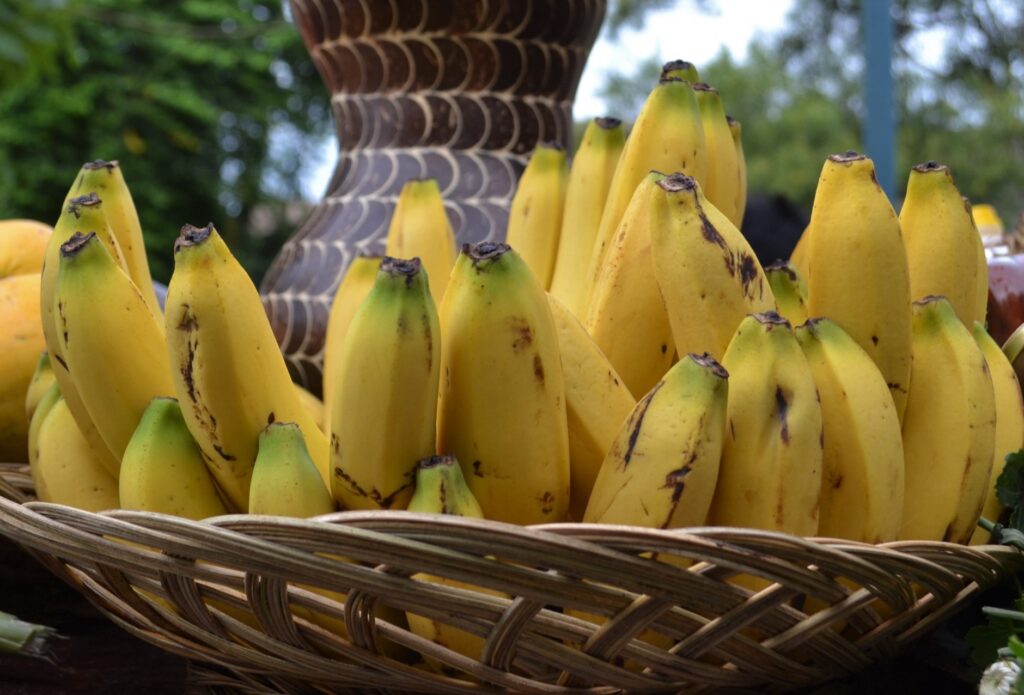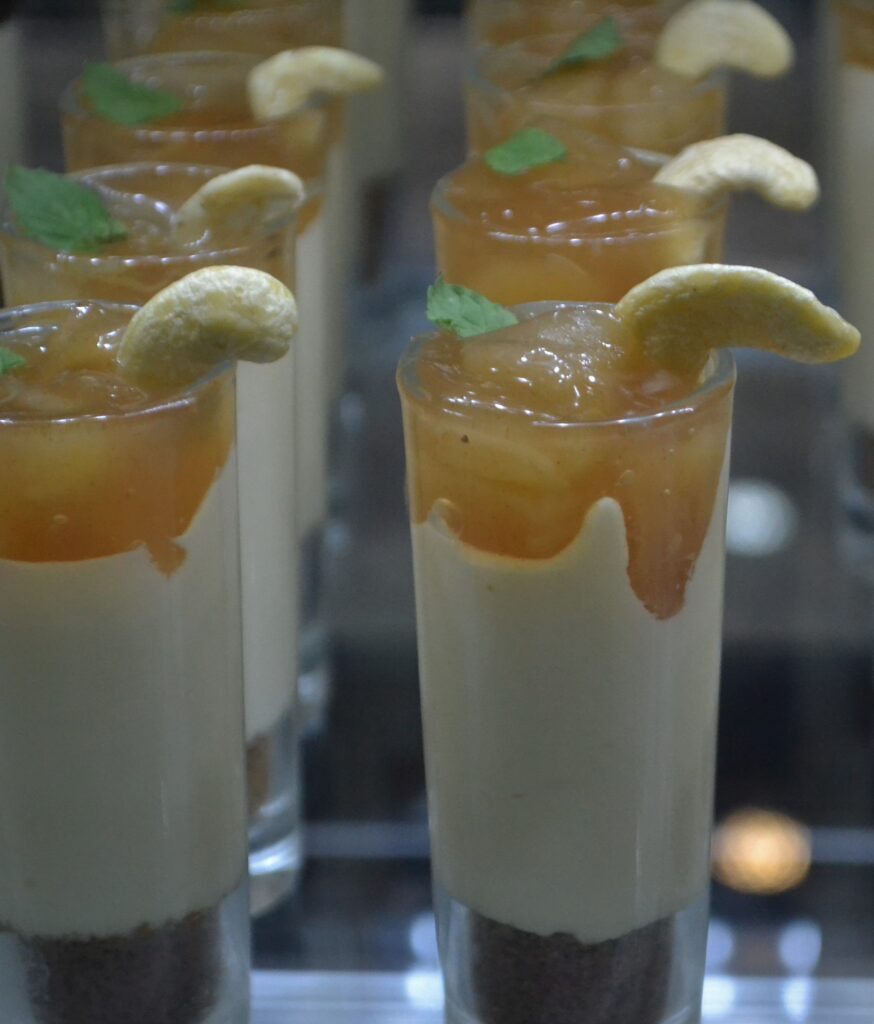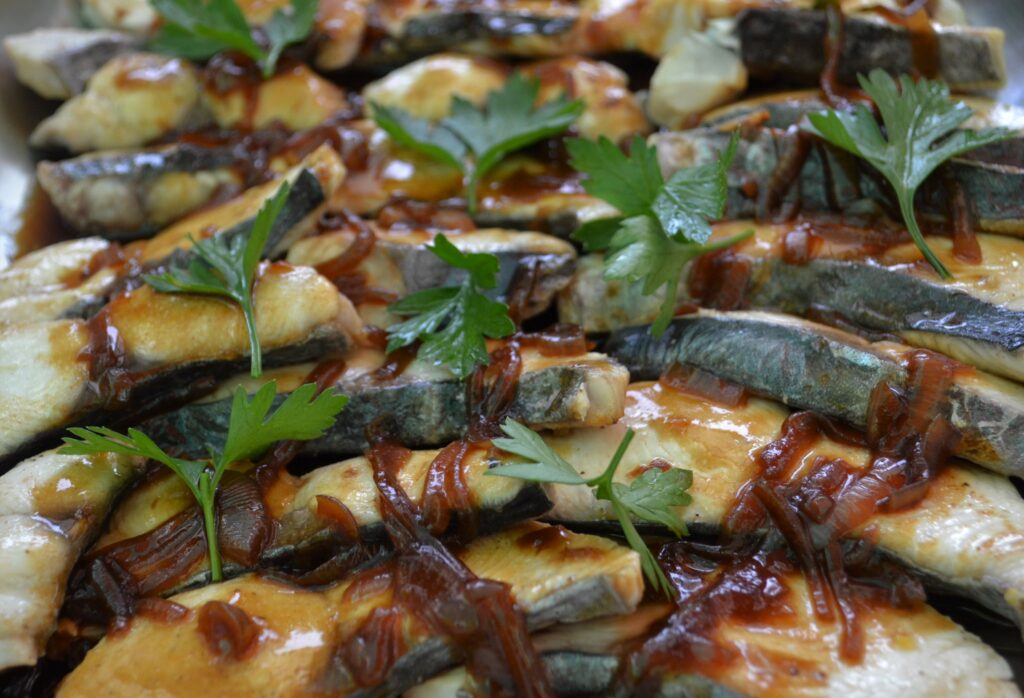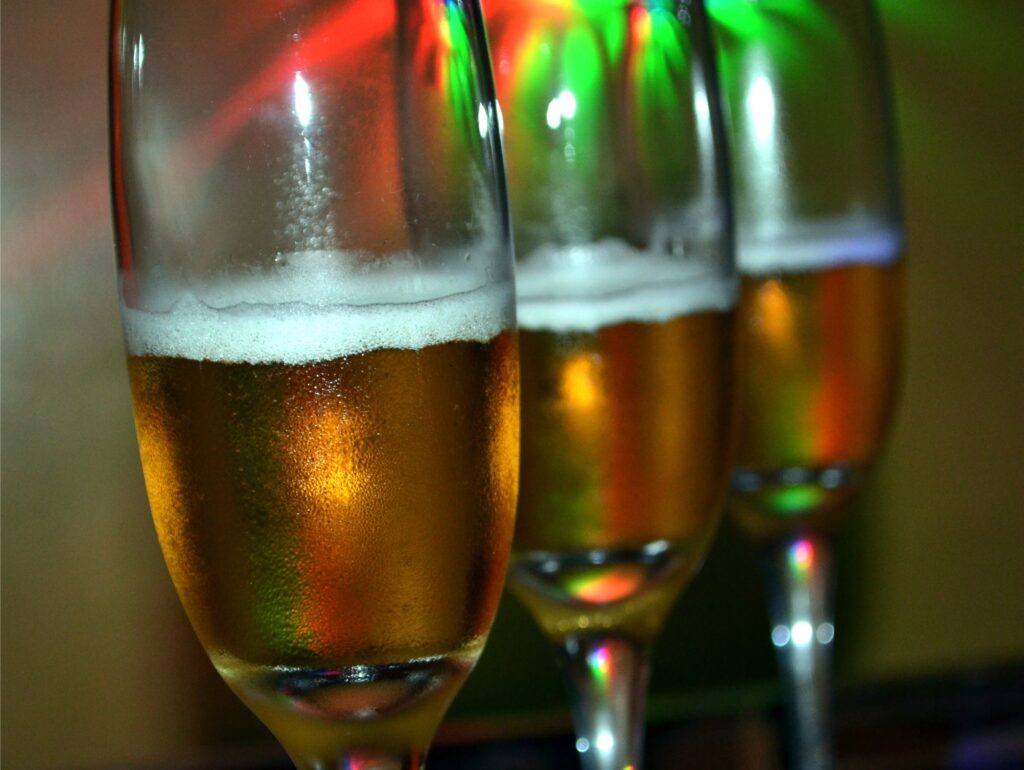Text and Photos by Henrylito D. Tacio
Christmas is the time of the year when almost all people are supposed to be happy. After all, it reminds us that Jesus Christ, the Son of God, came into this world to save us. “Fear not: for, behold, I bring you good tidings of great joy, which shall be to all people,” the angel of the Lord said to the shepherds (Luke 2:10).
Despite the fact that the country is still grappling with the coronavirus disease 2019 (COVID-19), Filipinos will still celebrate the birth of Jesus. “Christmas is in my heart,” says Luzviminda Leynes. “COVID-19 may come and go, but I will celebrate Christmas.” Twyla Eivens has the same view: “I do think the true Christmas spirit is felt everyday as believers – it goes back to a manger where our dear Savior was born.”
Pandemic or not, there is still lots of eating and drinking during this season. As in the past celebration, a lot of people gain weight during this time. But since eating and drinking can’t be prevented, we suggest that you eat the right kind of food and drinks – those that are proven healthy and good for your body.
Let’s start with food. Chocolates abound during the Christmas season, so you can eat that. But select the dark ones. The real benefit of chocolate comes from the extremely high level of antioxidants found inside the active components. In fact, a Harvard study reviewed 136 scientific articles published between 1996 and 2005 on chocolate and its ingredients.
Their analysis found that eating 50 grams of dark chocolate per day may reduce the risk of heart disease by 10.5 percent. In addition, eating dark chocolate may lower the risk of dying from heart disease by 19 percent. Plus, dark chocolate contains antioxidants universally praised for their ability to fight off free radical damage (which causes aging) and make you look and feel younger.
Some people may not like nuts, but they are very healthy. “Nuts are nutritional power foods, packed in protein, minerals and fats,” writes Dr. Willie T. Ong, author of How to Live Longer. “Yes, they’re fatty but don’t worry, the fats found in nuts are good fats – monounsaturated and polyunsaturated.”
Dr. Ong, a multi-awarded physician, adds, “Instead of eating junk foods reeking in unhealthy saturated fats (like potato chips and doughnuts), nuts can reduce your bad cholesterol (LDL) while raising good cholesterol (HDL).”
Peanuts and cashew nuts also contain vitamin E, a potent antioxidant. Almonds are very expensive, but they’re very nutritious. The bad side of nuts: they are salty and are high in uric acid, so they’re bad for high blood pressure and those with gout.
An apple a day keeps the doctor away, so goes a popular adage. Mayo Clinic ranks apples as one of the world’s healthiest fruits. “Apples are excellent sources of pectin, which is a soluble fiber that can lower blood pressure and sugar level,” Dr. Ong informs. “Pectin also binds with heavy metals like lead and mercury and helps the body eliminate these pollutants. Fresh apples are also good sources of vitamin C, an antioxidant that protects your body cells from damage.”
The Philippine counterpart of apples is, of course, bananas. Bananas are chiefly eaten raw as a dessert fruit; in the ripe state, they are sugary and easily digestible. Alexander the Great was so fascinated by the virtues of it that he described it as “the heavenly fruit that tastes like nectar sweetened in honey.”


A major study reveals that diets loaded with potassium-rich bananas may be able to cut the risk of strokes by one third. Scientists feel that many people can be protected against strokes and heart attacks by minimizing sodium (common salt) intake and by consuming plenty of potassium-rich foods, of which banana is one.
Tropical Fruits, however, cautioned: “Banana fruits contain serotonin and other compounds that increase blood pressure and might contribute to certain heart conditions if used in large quantities.”
Forget the lechon and the ham. Settle for oily fish. “If you eat a modest amount of fish, you dramatically decrease your risk of dying from a heart attack,” says Dr. Dariush Mozaffarian, a researcher of the Harvard School of Public Health.
Findings from 30 large studies conducted around the world show that people who consume just one or two servings of fish per week lower their risk of a fatal heart attack by an average of 36 percent.
An article which appeared in Journal of the American Society for Clinical Nutrition said omega-3 fatty acids in fish oil prevent heart disease by exerting an anti-arrhythmic effect on the heart, by inhabiting the developing of narrowing arteries, by reducing the levels of undesirable lipoproteins in the blood, and by reducing blood clots within intact blood vessels.
So, what drinks should you gulp? Highly recommended is red wine. It’s not only healthy but it also makes you young and vibrant. The reason: Resveratrol. In a review study conducted by Harvard University – which released their findings in the Nutrition and Metabolism Journal – it was found that Resveratrol can extend the life expectancy of every organism that, so far, it’s been fed to, including yeast, worms, and fruit flies.
“The wonder substance seems to work in the same way as does drastic calorie cutting,” the researchers wrote. “Dramatic reduction of calories has been shown to increase the life span.”
Next in line is green tea. According to the Harvard Women’s Health Watch, green tea’s health benefits are largely due to its high content of flavonoids – plant-derived compounds that are antioxidants. Green tea is the best food source of a group called catechins.
In test tubes, catechins are more powerful than vitamins C and E in halting oxidative damage to cells and appear to have other disease-fighting properties. Studies have found
an association between consuming green tea and a reduced risk for several cancers, including, skin, breast, lung, colon, esophageal, and bladder.
Additional benefits for regular consumers of green and black teas include a reduced risk for heart disease. The antioxidants in green, black, and oolong teas can help block the oxidation of bad cholesterol, increase good cholesterol and improve artery function.
Just a reminder: tea contains caffeine which may cause heart palpitation, anxiety, and high blood pressure. So, don’t drink too much green tea.
Coconut water comes in handy during the season. So, drink a lot of it. “Medically, the buko juice is one of the purest sources of energy in the world,” says Dr. Jose P. Naval, an occupational physician based in Davao. “It is considered to be sterile because of its sealed enclosure in the nut shell.”
American nutritionist Jonny Bowden, author of The 150 Healthiest Foods on Earth, considers coco water to be a “perfectly good option” for people who want to stay hydrated. “It’s high in heart-healthy potassium, with most brands providing about 700 milligrams in an 11-ounce serving – that’s lots more than you get in a banana,” he wrote. “It also has only about 60 calories per 11-ounce serving.”
Don’t forget milk! “The perfect and complete food” – that was how the late Dr. Saturnino Ador-Dionisio describes milk. After all, milk is loaded with carbohydrates, proteins and fats. “Milk is teeming with calcium, protein, vitamin B2, vitamin B12, vitamin A and zinc,” Dr. Ong says. “It’s perfect for growing kids and desirable for preventing osteoporosis in menopausal women.”


What about beer? Nutritionists claim beer contains vitamins B and B2 (as well as B6, which is needed to make hemoglobin, the red coloring in blood) and essential minerals like calcium, potassium, and phosphorus. Dark beer is better for you than light. It contains more flavonoids which are natural oxidants that help to protect the body from disease.
In the United States, a researcher at the Texas Southwestern Medical Center reported that those who consume moderate amounts of beer (one to two a day at the most) have a 30-40 percent lower rate of coronary heart disease compared to those who don’t drink.
But don’t drink too much. “Beer,” commented Thomas Jefferson, “if drunk in moderation, softens the temper, cheers the spirit, and promotes health.” Drinking over moderation can lead to liver damage, dangers of drunk driving, and damage to fetuses of pregnant women who are drinking – just to name a few.

